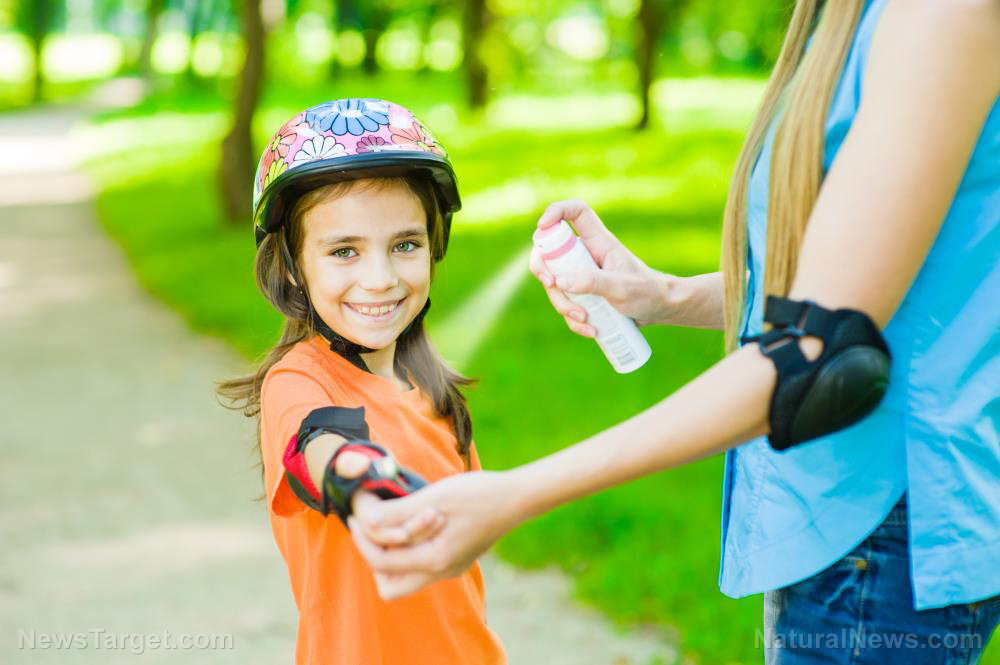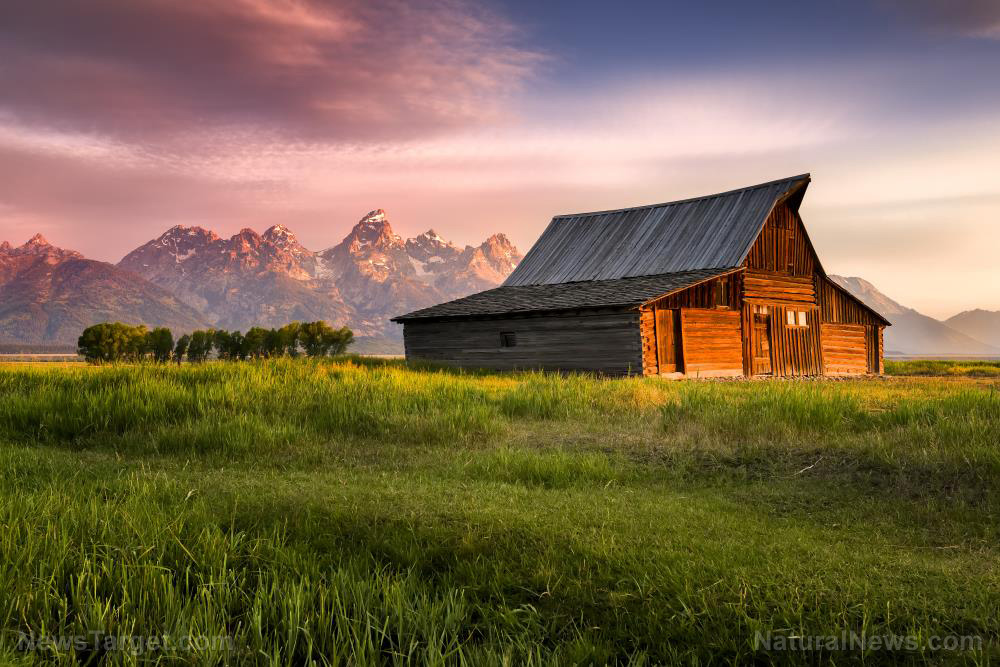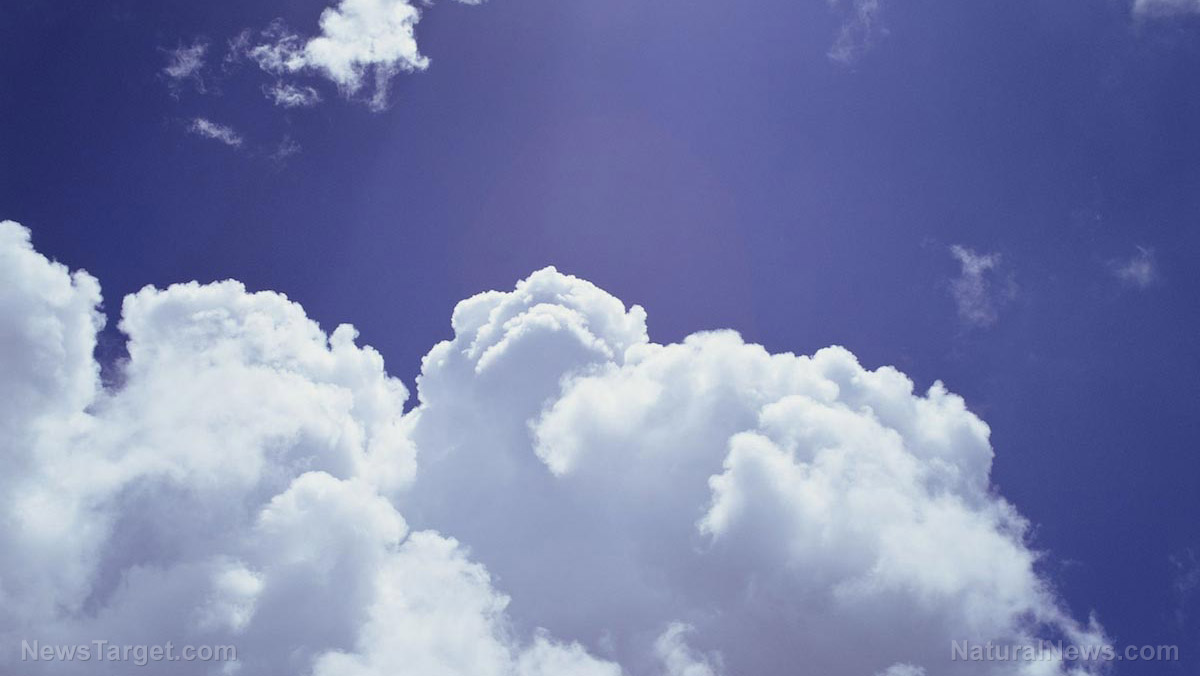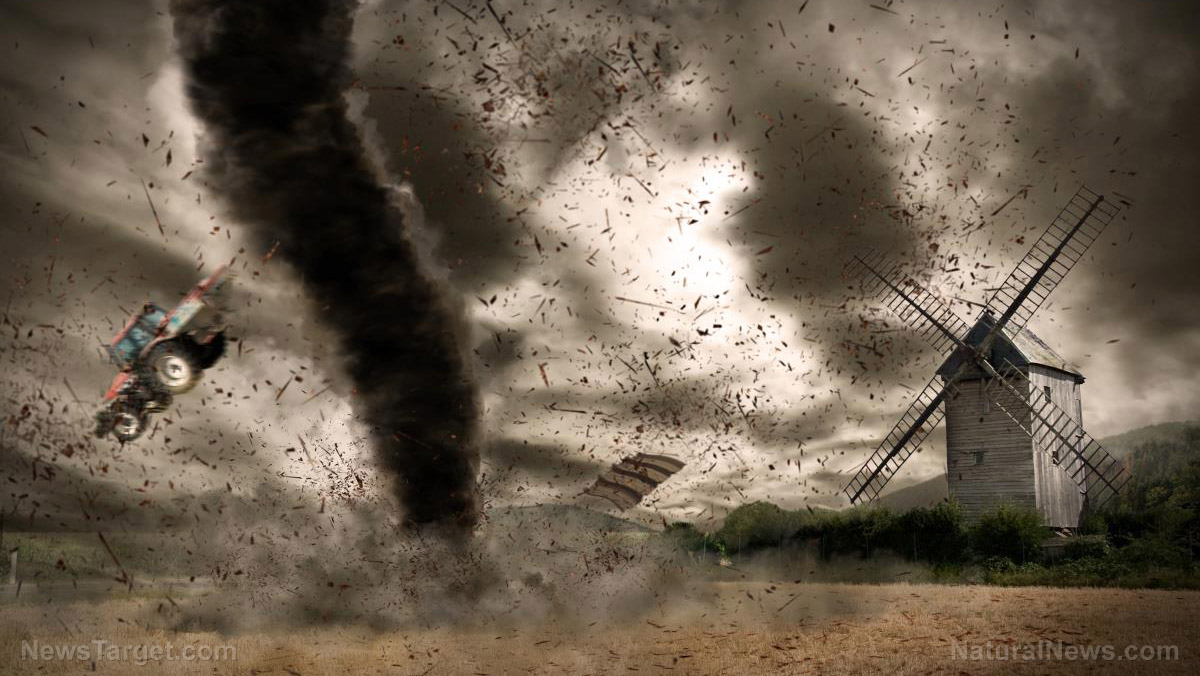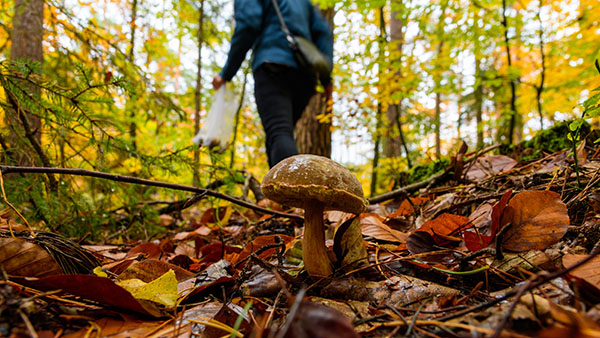
Maps
Instead of relying on your phone's GPS, bring a map so you can navigate even if you lose your phone.
Compass
When SHTF and you get lost, you'll need a compass to orient yourself with your map.
Survival whistle
If you do get lost on the way to your campsite, you can signal for help using a survival whistle. This item ensures that you can be heard for miles without having to yell until you lose your voice.

Pocket knife, hatchet or multitool
A sharp pocket knife is a versatile tool for cutting or chopping. Use a pocket knife to cut cordage or prep food. If SHTF, you can also use a pocket knife to protect yourself.
If you prefer something bigger than a pocket knife, bring a hatchet. Use a hatchet to split firewood into smaller pieces for your campfire. For something more versatile, bring a multitool. A multitool will have useful features like a screwdriver, a small knife and other implements.
Paracord
Use paracord to fix damaged gear or set up an emergency shelter. Originally invented to be used for parachute suspension lines, paracord has an internal group of seven smaller strands that can be used for various survival needs like fishing, sutures or stitching gear.
Duct tape
Duct tape deserves some space in your bag because you can use it to fix holes in raincoats or repair camping gear. Don't bring the whole roll though; just wrap about five feet of duct tape around a small pen and keep it in your bag.
Eating utensils
Before going camping, make sure you have eating utensils like silverware, a cooking pot, a mug and an enamel plate.

Water bottle
You'll need to stay hydrated if you're hiking to your campsite so get a large reusable water bottle. You might also want to bring a water filter if you think you'll need more water than your bottle can hold.
Firestarting tools
You need fire to stay warm, cook food and boil water while camping. (Related: Fire is a versatile survival asset – Here’s a list of things you can cook over it.)
Make things easier for yourself by bringing a lighter and a backup firestarting tool like flint and steel, matches or a magnesium fire starter. If you’re going to use matches, get the water-resistant kind and place the sticks in a sturdy container.
First aid kit
You should always have a first aid kit with you so you can treat minor medical emergencies like blisters, cuts or scrapes.
A basic first aid kit should have:
- Antiseptic
- Bandages
- Calamine lotion
- Gauze pads
- Hand sanitizer
- Medical adhesive tape
- Safety pins
- Scissors
- Splint
- Tick removal tool/ Tweezers
- Wound closure strips

Flashlight
A campfire is useful for cooking and staying warm, but you'll need a flashlight and extra batteries to help you reach your campsite when it gets dark. You can also use a headlamp or headlight if you prefer a hands-free light source while hiking.
Toiletries
If you're roughing it, you'll need extra toilet paper and toiletries to maintain proper hygiene.
Your toiletry kit should include the following items:
- Lip balm
- Poop Shovel
- Rubbing alcohol
- Soap
- Sunglasses
- Toilet paper
- Toothbrush and toothpaste
- Towel
Quick-drying pants or shorts
Keep your bag light by bringing a pair of quick-drying pants or shorts to change into. Wearing quick-drying pants will also help prevent hypothermia if you get wet while hiking in colder climates.
Raingear
Check the weather before heading to your campsite and bring rain gear in case of a sudden downpour. Layer your clothes properly so you can easily control your body temperature by wicking moisture away while you’re active and conserving body heat when you're resting.
For the top layer, wear lightweight, rainproof, waterproof and breathable clothing. This will help prevent sweating in hot, humid conditions and keep you dry in rainy weather.
Hats
Wearing a hat will help protect you from the sun and ticks. A hat like an outback hat or a safari hat is best for outdoor use because it will maintain its form rain or shine.
Suitable shoes and extra socks
You'll be walking a lot to reach your campsite and when gathering fuel for your fire. Make sure you wear comfortable shoes that suit the terrain so you don't hurt yourself or develop painful blisters.
If you're going to spend some time hiking, wear an ankle-supporting hiking shoe. If you're camping near a lake or river, wear water shoes so you don't have to worry about getting your feet wet.
Sunglasses
Sunglasses are a must-have accessory for outdoor activities because they will protect your eyes from the sun’s damaging rays. A pair of sunglasses will also offer protection against dirt, sand, snow and other things that might enter your eyes during vigorous outdoor activities.

Tent
Protect yourself from rain, wind or snow with a quality tent.
Sleeping bag
With a sleeping bag, you can sleep comfortably even while outdoors. Make sure you also have a camping mat.
Camping mat
You need a camping mat along with your sleeping bag because the former will protect you from the cold ground.
When you lie in your sleeping bag, the insulation is compressed, making it ineffective at retaining warm air as most of it is pushed out. Because nothing helps retain the warmth, it will be lost to the ground via conduction.
The ground won't rise to your temperature. It will simply absorb your heat via conduction until you are the same temperature as it is, which can be dangerous in cold weather. With a camping mat, you have a mostly uncompressible layer of air that separates your body from the ground.
Bear spray
Bear spray is essential if you're camping in the Western U.S. as you may have bears stumble upon your campsite. In a pinch, bear spray can also be used to fend off human attackers if you don't have a knife or a firearm.
Plan your itinerary and bring the right camping tools like a map, sleeping bag and firestarting tools before you head to your campsite.
Visit Preparedness.news for more tips on how to camp safely and what items to bring with you.
Sources include:
Please contact us for more information.
















